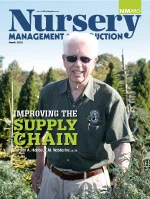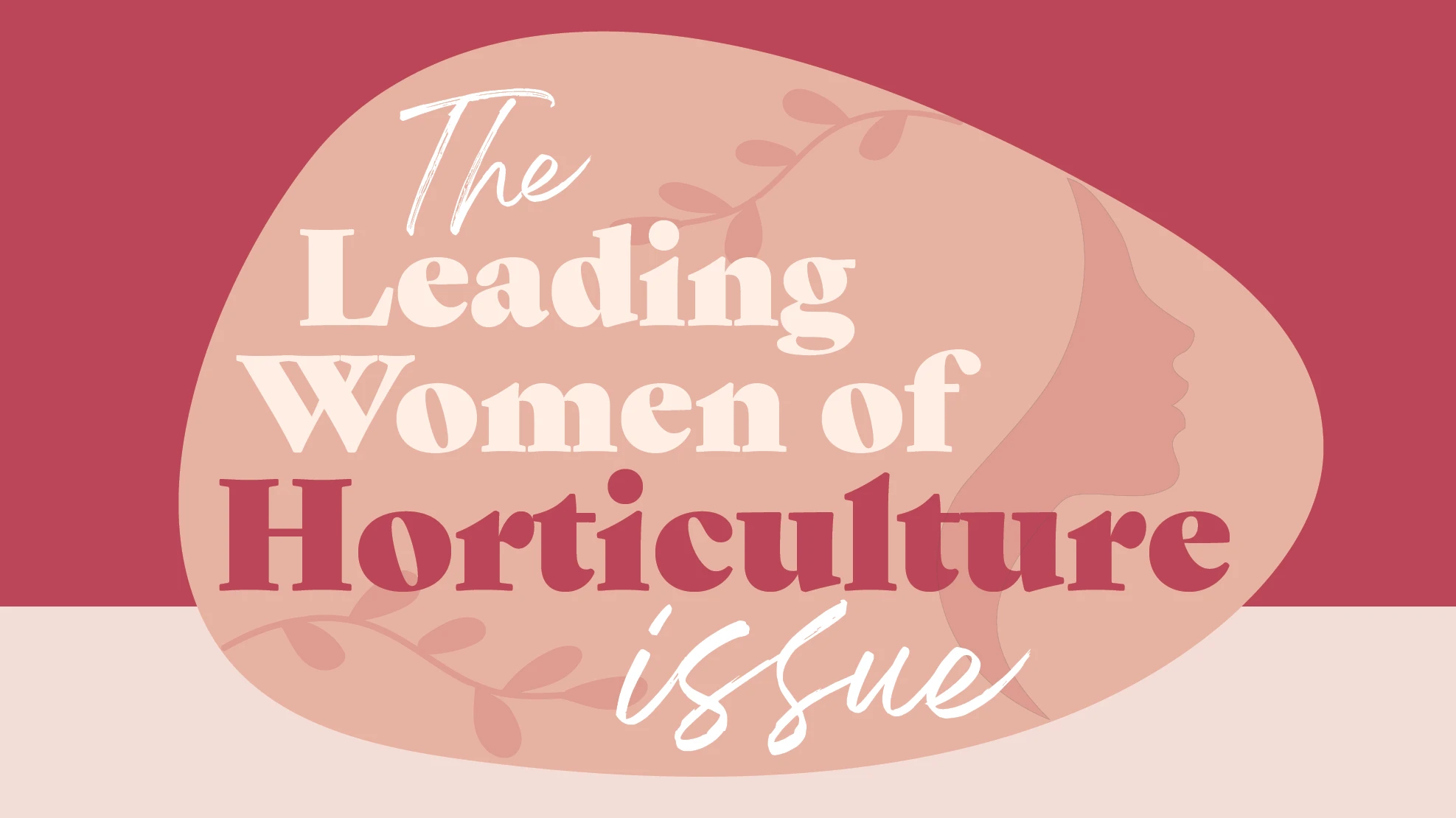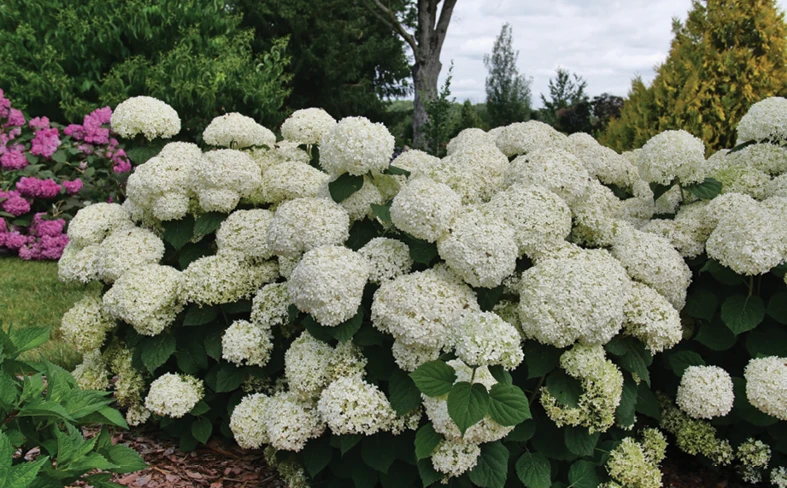There was some cautious optimism in 2009, but this year seems to have brought out more sanguinity in growers. For our inaugural Marketplace feature, we asked growers if they’re seeing any signs of economic recovery in their regions; if they’re optimistic about increased sale this year; and business decisions they made to prepare for a likely sluggish year.
Jim Berry, owner of J. Berry Nursery in Grand Saline, Texas, is narrowing the focus of his plant inventory.
“We’re taking a critical look to identify new customers and product opportunities,” he said.
Berry believes he’ll sell all of his plant material this spring. The economy in his region seems to be stabilizing.
“I’m not seeing any declines, so I think the worst is behind us.”
The market is still weak in the desert Southwest, due in large part to the burst of the housing bubble.
Bart Worthington, general manager at Mountain States Wholesale Nursery in Litchfield Park, Ariz., had to make some tough business decisions to protect the company from market crash. He had to reduce labor by about 25 percent this year. The company has parked equipment that’s not needed daily to save on maintenance.
“But our bank worked with us to allow interest-only payments for a short period of time,” he said.
Worthington hasn’t seen any help from lawmakers. “Our state legislature is in a stalemate and has not shown any leadership to help right the ship.”
Belmont Nursery in Fresno, Calif., has growing, distribution and retail divisions, which causes owner Jon Reelhorn to take a multidimensional view of the market.
“Orders from garden center customers are good, but I’m not sure they’re going to sell through,” he said.
But the company is planting in anticipation of sales.
“Whether the economy is doing better or not, we’re going to get whatever orders are out there.”
But Reelhorn is buying more cautiously and economically.
Reelhorn is also testing out a new handheld order-entry system that would free up his sales staff to do more during the day.
Hagan Hetz, vice president of sales at Fairview Evergreen Nurseries in Fairview, Pa., is trying to think about business in the long-term. The grower started an expansion two years ago for its container production, of course not knowing the economy was about to tank.
“The timing was bad, but it will be a plus for us in the long haul,” he said.
Hetz is receiving more conservative orders from his customers, and expects to get some last-minute orders. However, he’s hearing about many growers who are going by the old adage to plant more when sales are down.
“Some growers are thinking long-term, but we’re still in for a long year in 2010.”
Despite being located near Cleveland, where unemployment is 11 percent and new commercial construction is almost non-existent, Maria Zampini of Lake County New Plants is highly optimistic about increased sales in 2010.
“If trade shows are any indication, I’m optimistic. At the 2009 shows, people were hopeful for a good year but no one was buying. At the 2010 shows, people were optimistic and orders were being written. They weren’t necessarily huge orders, but they were orders,” she said.
Last year a lot of growers quit or drastically reduced planting or potting, which eventually is going to catch up with the industry.
“How soon that will happen? I don’t know but I think we’re already starting to see the beginnings of reduced availability of quality finished stock.”
During her travels, she’s noticed more growers not producing catalogs or switching to a cheaper paper.
“I also see people more considering partnerships, especially when it comes to marketing efforts.”
More economic indicators appear to be pointing up, rather than down, said Skeetter McCorkle, president of McCorkle Nurseries in Dearing, Ga.
“Compared to a year ago, we are starting to see some firming in the marketplace. While there is still not a great deal of sustained positive momentum, we do not see things getting worse; instead they appear to be slowly improving,” he said.
He expects consumers to get outside after a harsh winter.
“Even with poor spring weather in 2009, we saw increased demand for new plant introductions, programs and brands. We anticipate that to be even stronger in 2010.”
McCorkle Nursery had to suffer through the 2008 drought that plagued the Southeast. But that helped prepare the company for the market downturn.
“Because of the drought, we began adjusting our business plan earlier than other areas around the country. We took a ‘whatever it takes to stay healthy’ approach where we specifically adjusted down personnel levels, reduced expenses where prudent and minimized capital expenditures. We have continued to operate at conservative levels, but in a manner that would not drastically impact the long-term direction of the business, which we see as up.”
The nursery industry may finally be free from glut, said Charlie Hall, chairholder of the Ellison Chair in International Floriculture at Texas A&M University.
“Supply and demand is better matched this year than in the last five years. The recession and weather have eliminated a lot of that glut, with the exception of trees. Unfortunately, the demand for trees is still down,” he said.
But the country is in the early stages of recovery in terms of housing – a bit of good news for growers, distributors, landscapers and retailers.
“Bedding plant growers are primed and ready. They’re optimistic about this year.”
If the industry merchandised its product as bundles – marketing trees with shrubs and bedding plants – there’d be a lot more demand for nursery stock.
“Get people to think of these bundled products as a weekend project.”
Get curated news on YOUR industry.
Enter your email to receive our newsletters.
Explore the March 2010 Issue
Check out more from this issue and find your next story to read.





